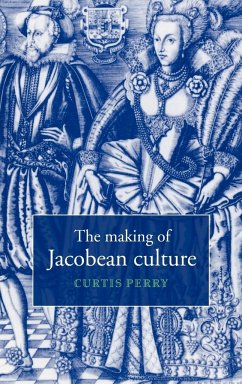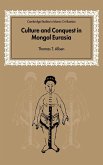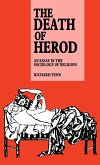It is a critical commonplace to note sharp cultural differences between Elizabethan and Jacobean England. But how and why did this transition take place? What kinds of decisions and assumptions were involved as writers responded to the new king? How did residual Elizabethan expectations and habits of mind shape the English response to James I, and what were the consequences? How much control did James have over his reception? This study examines these questions in detail by exploring a wide range of texts written during the first decade of his reign in England, from 1603 to 1613. At stake in these questions are some larger issues which have been central to much recent historically orientated work on English Renaissance literature, concerning the relationships between king and culture, literature and authority. Curtis Perry's original study provokes a fresh examination of the contingencies shaping long-familiar notions of what constitutes the Jacobean as a literary period.
Table of contents:
Introduction; Part I. Negotiations in Genre and Decorum: 1. Panegyric and the poet king; 2. Arcadia re-formed: pastoral negotiations in early Jacobean England; Part II. Staging Jacobean Kingcraft: 3. Theatre of counsel: royal vulnerability and early Jacobean political drama; 4. Nourish-fathers and pelican daughters: kingship, gender and bounty in King Lear and Macbeth; Part III. Structures of Feeling: 5. The politics of nostalgia: Queen Elizabeth in early Jacobean England; 6. Royal style and the civic elite in early Jacobean London; Epilogue: warrant and obedience in Bartholemew Fair; Index.
Curtis Perry's original study provokes a fresh examination of the historical factors shaping long-familiar notions of what constitutes the Jacobean as a literary period. It examines these questions in detail by exploring a wide range of texts written during the first decade of his reign in England, from 1603 to 1613.
A fresh examination of the historical factors shaping the emergence of Jacobean literary culture.
Hinweis: Dieser Artikel kann nur an eine deutsche Lieferadresse ausgeliefert werden.
Table of contents:
Introduction; Part I. Negotiations in Genre and Decorum: 1. Panegyric and the poet king; 2. Arcadia re-formed: pastoral negotiations in early Jacobean England; Part II. Staging Jacobean Kingcraft: 3. Theatre of counsel: royal vulnerability and early Jacobean political drama; 4. Nourish-fathers and pelican daughters: kingship, gender and bounty in King Lear and Macbeth; Part III. Structures of Feeling: 5. The politics of nostalgia: Queen Elizabeth in early Jacobean England; 6. Royal style and the civic elite in early Jacobean London; Epilogue: warrant and obedience in Bartholemew Fair; Index.
Curtis Perry's original study provokes a fresh examination of the historical factors shaping long-familiar notions of what constitutes the Jacobean as a literary period. It examines these questions in detail by exploring a wide range of texts written during the first decade of his reign in England, from 1603 to 1613.
A fresh examination of the historical factors shaping the emergence of Jacobean literary culture.
Hinweis: Dieser Artikel kann nur an eine deutsche Lieferadresse ausgeliefert werden.








